Filter by
SubjectRequired
LanguageRequired
The language used throughout the course, in both instruction and assessments.
Learning ProductRequired
LevelRequired
DurationRequired
SkillsRequired
SubtitlesRequired
EducatorRequired
Explore the Computer Programming Course Catalog
 Status: Free Trial
Status: Free TrialSkills you'll gain: Artificial Intelligence, Business Technologies, Complex Problem Solving, Digital Transformation, Technology Strategies, Artificial Intelligence and Machine Learning (AI/ML), Business Intelligence, Strategic Thinking, Real Time Data, Solution Sales Engineering, Technology Solutions, Generative AI, Emerging Technologies, Automation, Customer Success Management, Deep Learning, Machine Learning, Hardware Architecture, Computer Hardware, Data Analysis
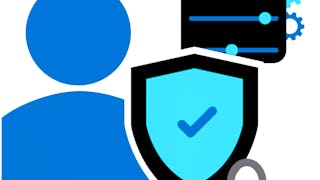 Status: Free Trial
Status: Free TrialMicrosoft
Skills you'll gain: Penetration Testing, Security Testing, System Testing, Vulnerability Scanning, Vulnerability Management, Cloud Security, Cybersecurity, Intrusion Detection and Prevention, Network Security, Microsoft Azure, Firewall, Virtual Private Networks (VPN)
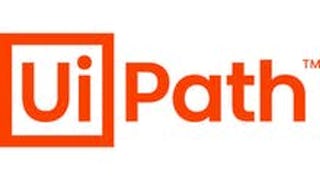 Status: Free Trial
Status: Free TrialUiPath
Skills you'll gain: Robotic Process Automation, Business Process Automation, Automation, Programming Principles, Computational Logic
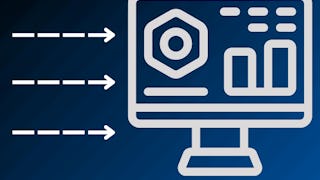
Duke University
Skills you'll gain: Restful API, Application Programming Interface (API), Application Deployment, Software Documentation, Web Applications, JSON, Application Development, Server Side, Program Development, Test Tools, Python Programming, Data Validation

Nanjing University
Skills you'll gain: Operating Systems, Computer Systems, OS Process Management, File Systems, Software Systems, Software Architecture, Data Storage, Peripheral Devices, Computer Hardware, Virtualization, Algorithms, Human Computer Interaction
 Status: Free Trial
Status: Free TrialSkills you'll gain: Algorithms, IBM Cloud, Python Programming, Theoretical Computer Science, Artificial Intelligence and Machine Learning (AI/ML), Computer Programming, Computational Thinking, Jupyter, Emerging Technologies, Linear Algebra, Simulations

Skills you'll gain: Unified Modeling Language, Embedded Systems, Internet Of Things, Software Development Life Cycle, Systems Architecture, Systems Design, System Design and Implementation, Software Systems, Prototyping, Requirements Analysis
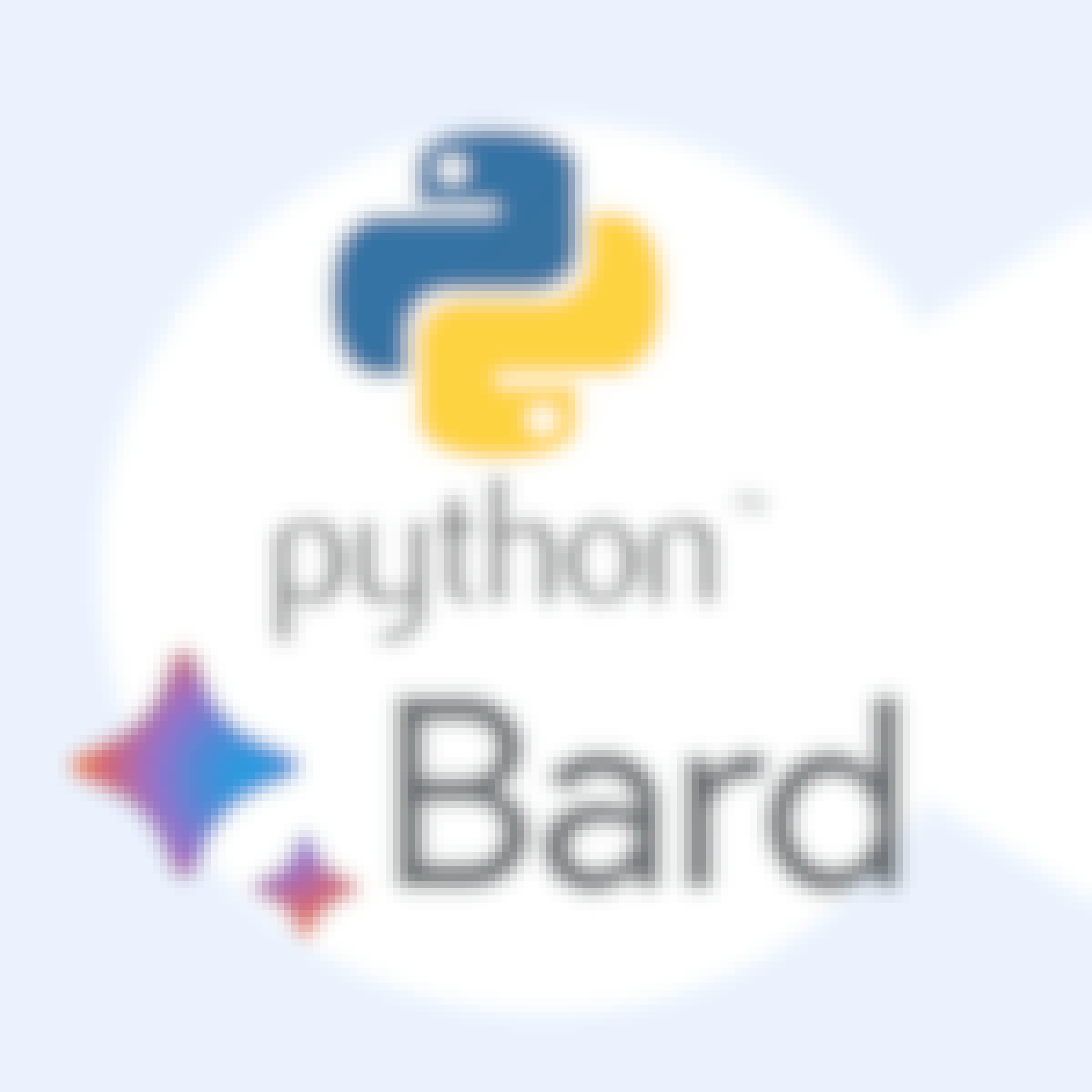
Coursera Project Network
Skills you'll gain: Prompt Engineering, Generative AI, Development Environment, Computational Thinking, Artificial Intelligence, Python Programming, Computer Programming, Game Design, Debugging
 Status: Free Trial
Status: Free TrialSkills you'll gain: Generative AI, Large Language Modeling, PyTorch (Machine Learning Library), Natural Language Processing, Applied Machine Learning, Deep Learning, Text Mining, Machine Learning Methods
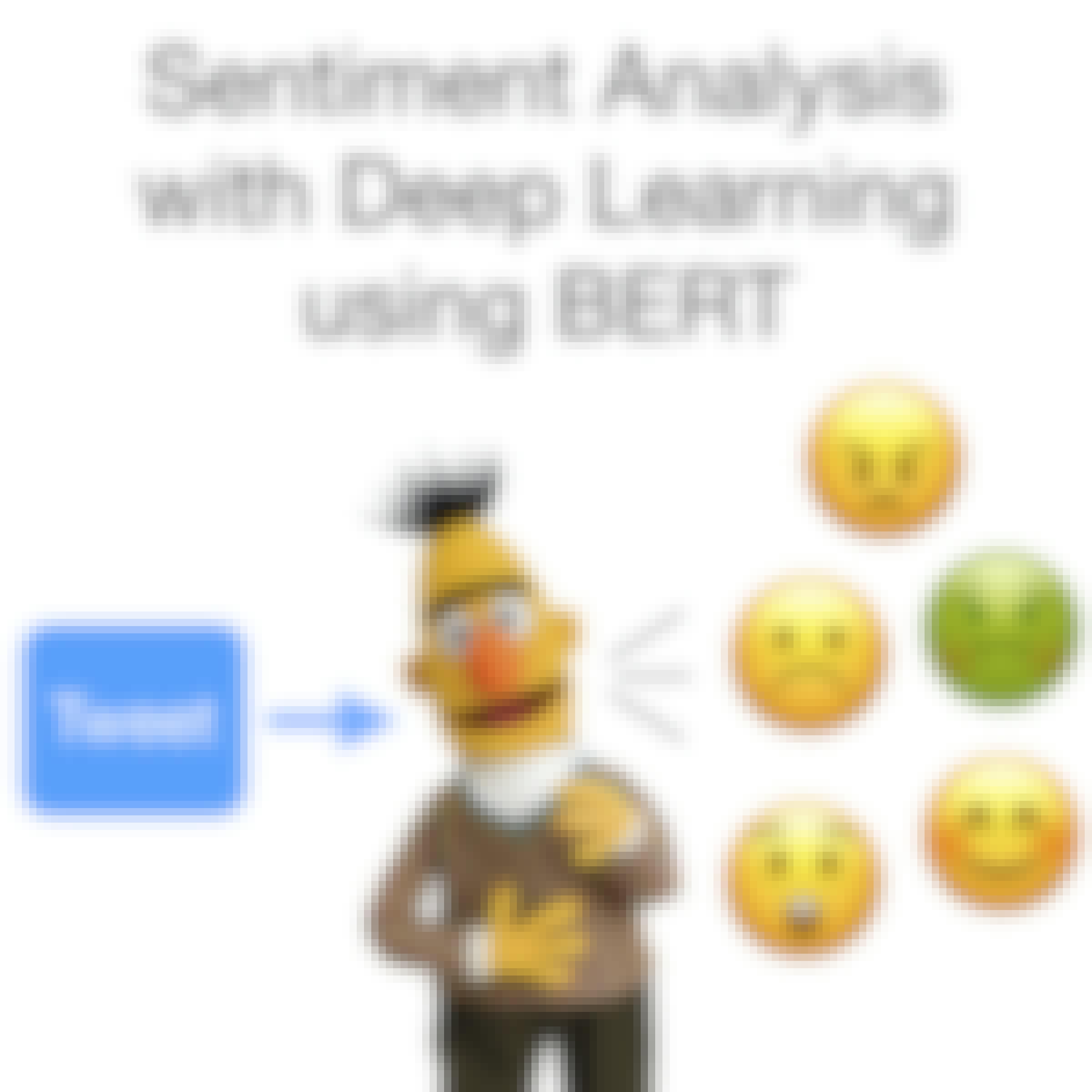
Coursera Project Network
Skills you'll gain: Text Mining, PyTorch (Machine Learning Library), Data Processing, Performance Tuning, Deep Learning, Natural Language Processing
 Status: Free Trial
Status: Free TrialMicrosoft
Skills you'll gain: Virtual Private Networks (VPN), Cybersecurity, Multi-Factor Authentication, Authentications, Information Systems Security, Desktop Support, Network Security, Technical Support and Services, Information Privacy, Servers, Cloud Computing, Encryption, Identity and Access Management, Mac OS
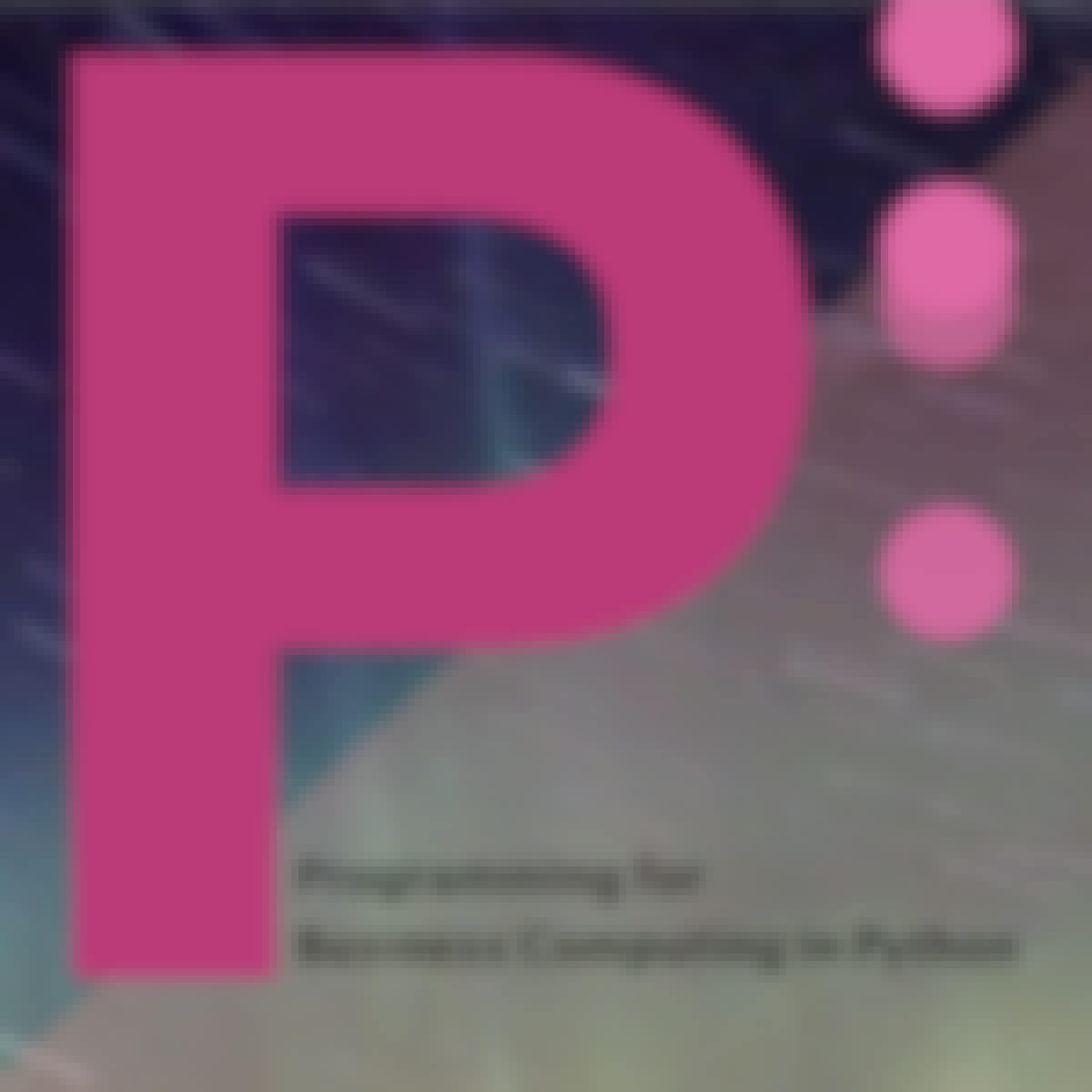
National Taiwan University
Skills you'll gain: Data Visualization Software, Data Structures, Data Analysis, File Management, Financial Data, Python Programming, Financial Analysis, Debugging, Data Manipulation, Business Analysis
Computer Programming learners also search
In summary, here are 10 of our most popular computer programming courses
- Intel® AI Fundamentals: Intel
- Cybersecurity Tools and Technologies: Microsoft
- Control Flow in RPA: UiPath
- Introduction to FastAPI framework: Duke University
- 计算机操作系统: Nanjing University
- Quantum Computing with Qiskit and Advanced Algorithms: Packt
- Introduction to Architecting Smart IoT Devices: EIT Digital
- Gen AI for Software Development: Code Generation for Python: Coursera Project Network
- Generative AI Language Modeling with Transformers: IBM
- Sentiment Analysis with Deep Learning using BERT: Coursera Project Network










